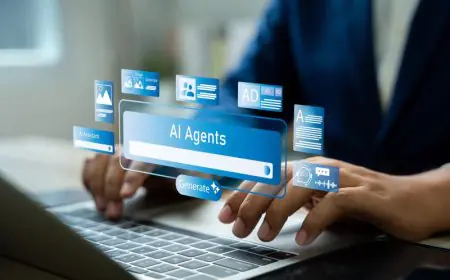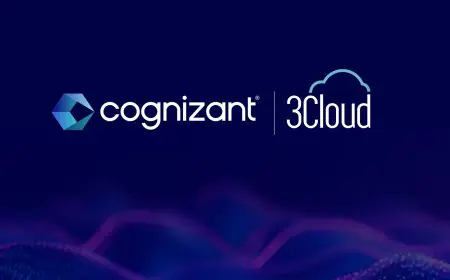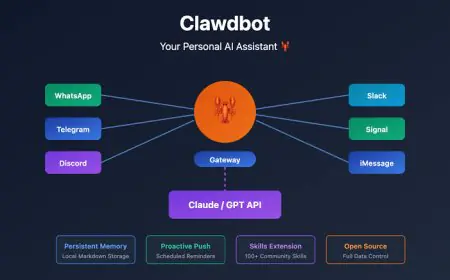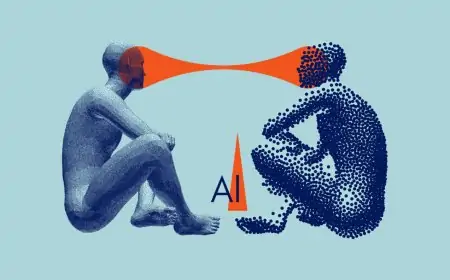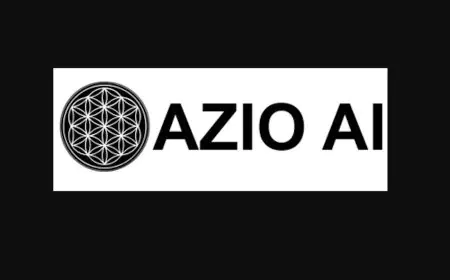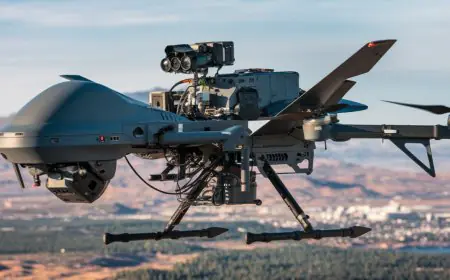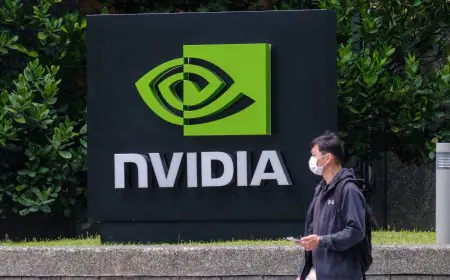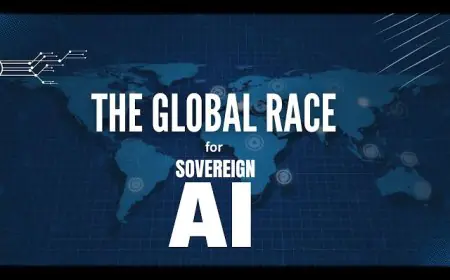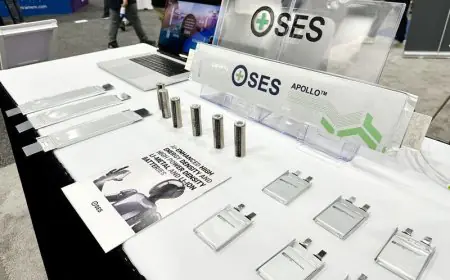Paris AI Summit: What Does It Mean for Africa?
The Paris AI Summit has welcomed many countries from different continents, however, questions linger about Africa.

Heads of state, top government officials, scientists, dignitaries, and even celebrities from around 100 countries have gathered in Paris for a two-day international summit on developing artificial intelligence (AI). Decisions, agreements, and policies are expected to be reached on AI's real-world impact and how to take it forward together. The African continent has an important role, but it seems it has taken more of a backseat at the summit.
AI in Africa
For Africa, AI adoption is mostly a question of pace. According to the African Union (AU), AI is a "strategic asset pivotal to achieving the aspirations of Agenda 2063" (The Africa We Want) and the Sustainable Development Goals (SDGs). There's a keen interest in the industry, with the hope that artificial intelligence will profoundly change African societies in many fields.
The continent has started the AI transformation, with countries like Rwanda, South Africa, Cameroun, Benin, and most of North Africa leading many initiatives. Many startups and public organizations are beginning to invest in the development of AI applications in several fields, including health, agriculture, and transportation. Competitions and hackathons are also being held in Africa to address specific issues.
A Leadership Problem
Youths across the continent are ready to embrace technology and have demonstrated this in several fields. However, African leaders have a huge role to play, with some of them not grasping the magnitude of what AI represents.
There are some sets of measures taken at the African Union level and documents that outline an AI strategy for the continent. Also, various countries are taking action on the institutional level, such as the creation of authorities responsible for data protection. Others are setting up infrastructures like computing centers that allow data to be processed and used to develop AI.
However, African governments are not quick to see the opportunities or take action. Also, progress is largely uneven from one country to another.
Is Africa Ready?
Some African countries are leading the pack in AI adoption and the progression of related technologies. According to the Oxford Insights ranking, the leading countries in terms of AI preparedness and implementation in North Africa are Egypt, Tunisia, and Morocco. In the sub-Saharan region, notable countries include Mauritania, South Africa, Rwanda, Senegal, and Benin.
There are over 50 countries, with internet access and connectivity still a barrier to developing AI on the continent. Without these two available to startups, it's almost impossible to develop AI tools and models. Access to data requires high-quality internet. Additionally, there's a glaring lack of computing infrastructure to develop artificial intelligence.
Currently, Africa has very few supercomputers capable of processing large datasets for AI development. Africa is also low on data and popular tools like ChatGPT have significant biases regarding African realities. These biases explain the limited amount of African data used to train these AI models.
Paris Summit Redefines AI Push
Generally, the summit was set up to bring global leaders in AI technology and research. Talks were held on the divergence of AI governance and regulation, with relevant parties expected to find common ground in the rapidly evolving field of artificial intelligence.
Accordingly, 61 countries have agreed a joint statement on inclusive, sustainable AI. However, the U.S. and U.K. abstained from signing the statement which calls for “promoting the accessibility of AI, and ensuring trust and safety in deploying the technology.” Both countries declined, citing backward regulations and policies affecting the growth of AI.
Trump's deputy, Vice-president J.D. Vance stated that the current administration will not accept foreign governments “tightening the screws” on American tech companies. He warned that a “risk-averse” approach to AI regulation could paralyze the emerging technology. emphasizing the ‘America First’ AI agenda.
